India on October 21 successfully conducted its first unmanned test of the Gaganyaan spacecraft, designed to carry three astronauts.
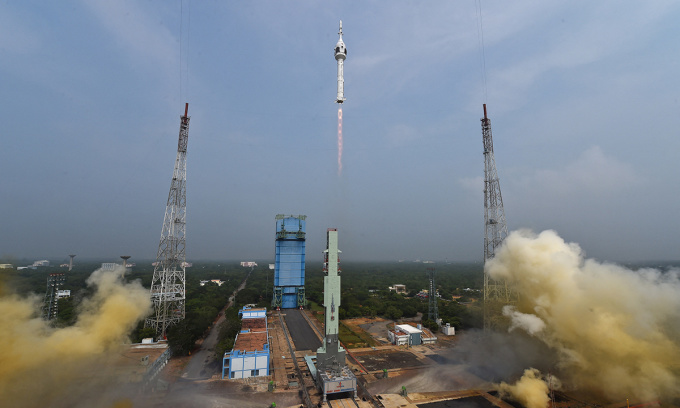
Test launch of Gaganyaan spacecraft at Satish Dhawan Space Centre, Sriharikota Island, on October 21. Photo: AFP/ISRO
Gaganyaan is scheduled to send three astronauts into Earth orbit in 2025, demonstrating the technical capabilities of the Indian Space Research Organization (ISRO). The launch on October 21 was to test the emergency escape system of the human module. The module separated from the booster and landed gently in the sea about 10 minutes after launch.
"I am happy to announce that the mission has been successfully deployed," said ISRO chief S. Somanath. The launch was initially scheduled to take place at 9:30 a.m. ( Hanoi time) from the Satish Dhawan Space Centre on Sriharikota island, but was delayed by two hours due to bad weather and engine problems.
ISRO will conduct a series of 20 major tests, including sending robots into space, before the actual human mission takes place. Gaganyaan is the first of its kind in India and is expected to cost around $1.08 billion, according to ISRO.
India plans to send astronauts above Earth's atmosphere for three days, then bring them back safely and land them gently in the country's waters. Prime Minister Narendra Modi has also announced plans to send humans to the Moon by 2040.
2023 is a year of great achievements for India in space. In August, India became the fourth country to land a spacecraft on the Moon after Russia, the US and China. In September, the country launched a spacecraft to observe the outermost layers of the Sun from orbit.
India’s space program has grown significantly since its first lunar orbiter in 2008. It is also catching up with the achievements of the space powers at a lower cost. It is planning to launch another lunar probe in 2025 in collaboration with Japan and an orbiter to Venus in the next two years.
Experts say India keeps costs low by copying and adapting existing technology, and by having a pool of highly skilled engineers who command lower salaries than foreign engineers.
Thu Thao (According to AFP )
Source link







![[Photo] General Secretary To Lam and National Assembly Chairman Tran Thanh Man attend the 80th Anniversary of the Traditional Day of the Vietnamese Inspection Sector](https://vphoto.vietnam.vn/thumb/1200x675/vietnam/resource/IMAGE/2025/11/17/1763356362984_a2-bnd-7940-3561-jpg.webp)
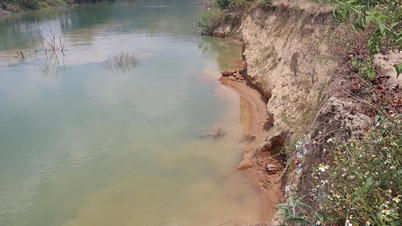





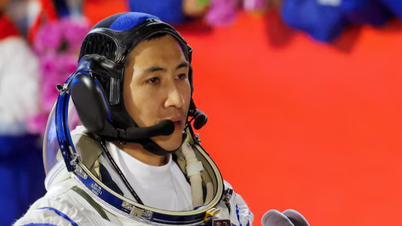
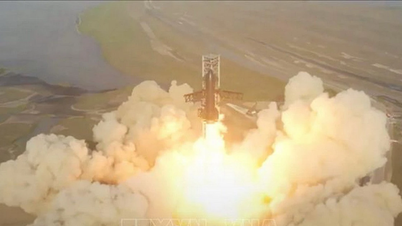
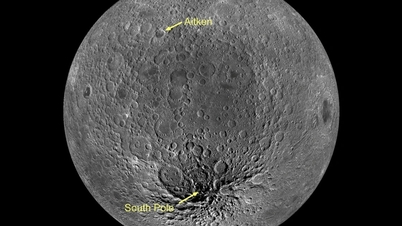

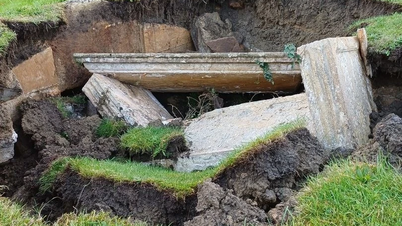







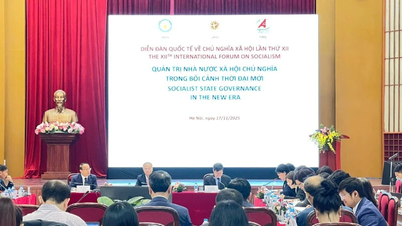















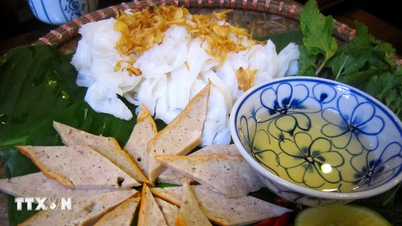
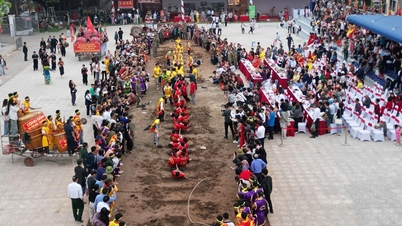

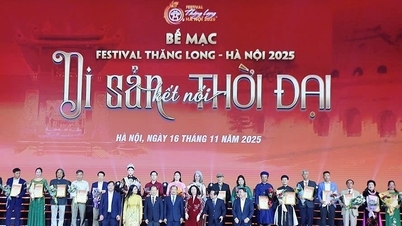




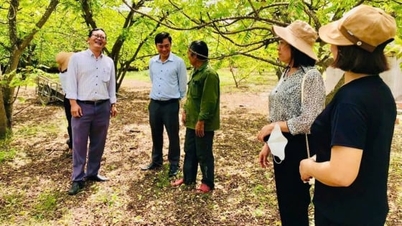

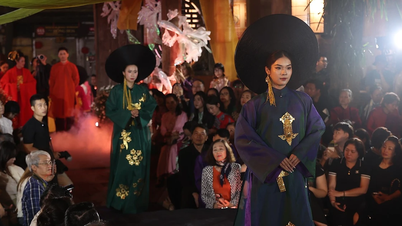
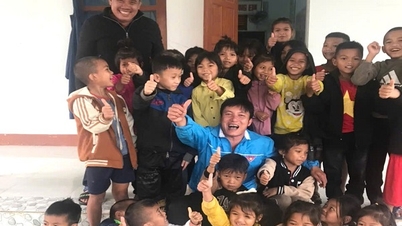

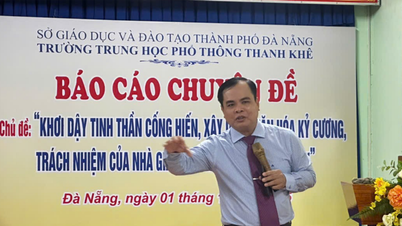




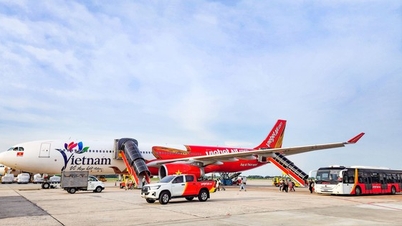

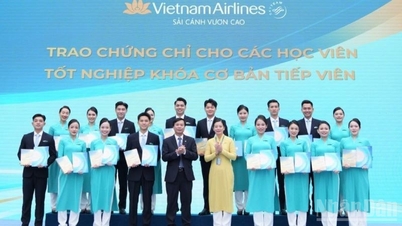
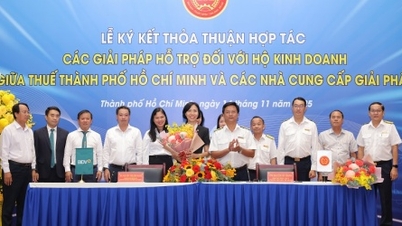

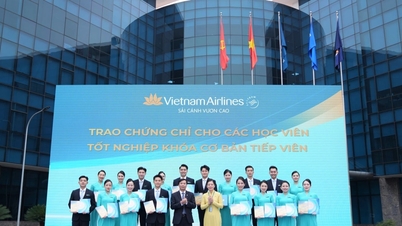









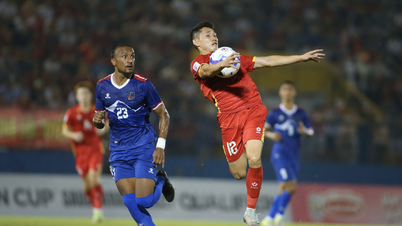


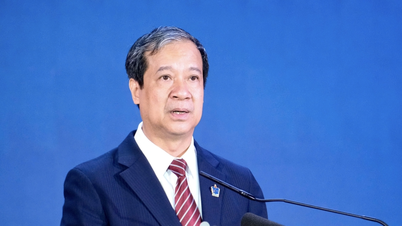




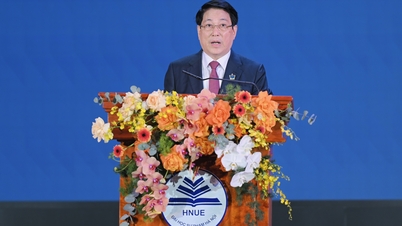

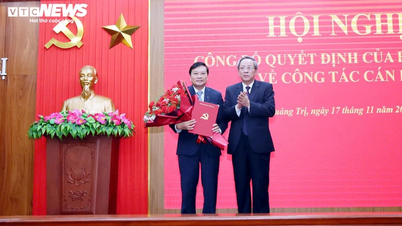

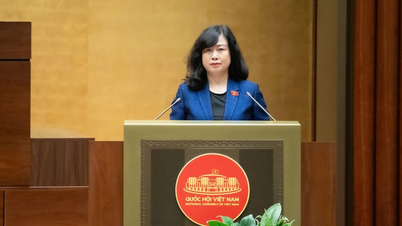
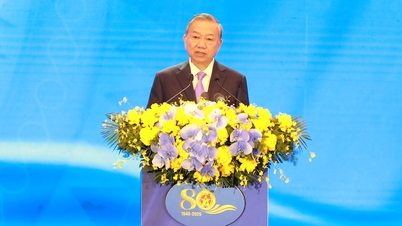
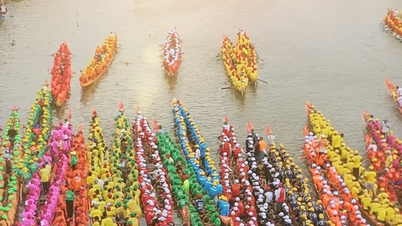




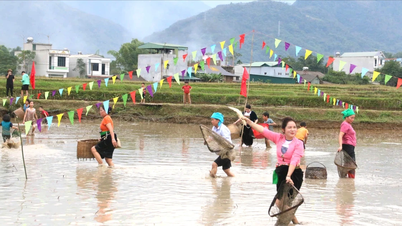
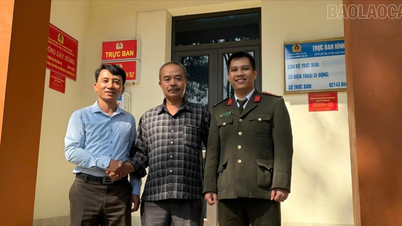
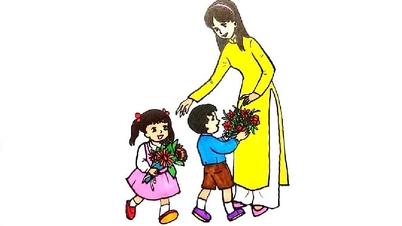

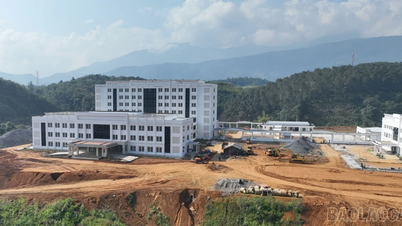










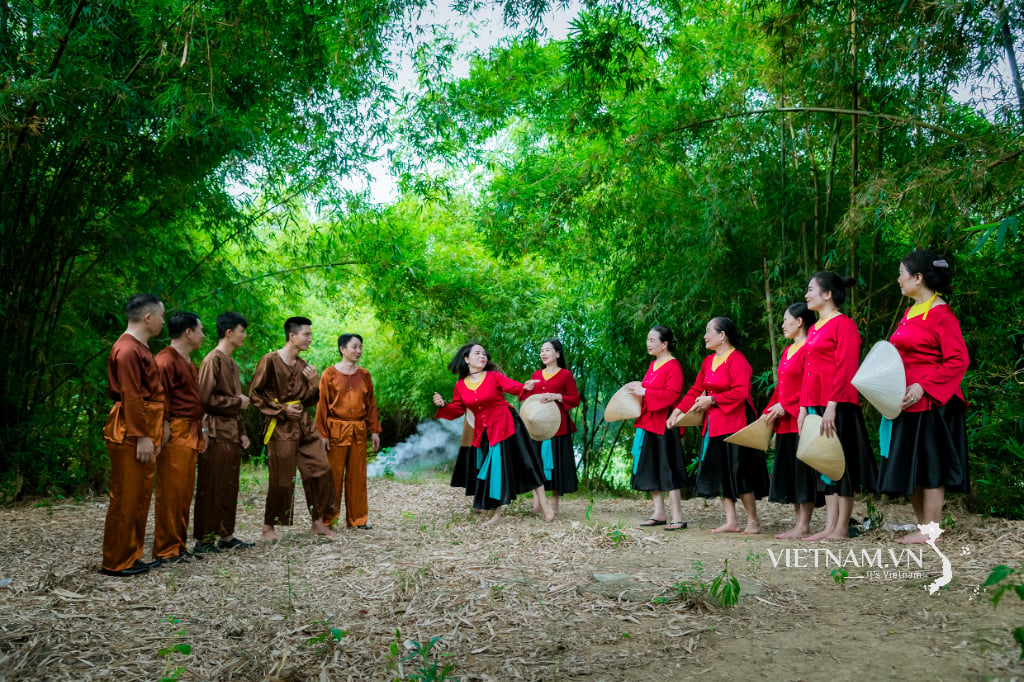

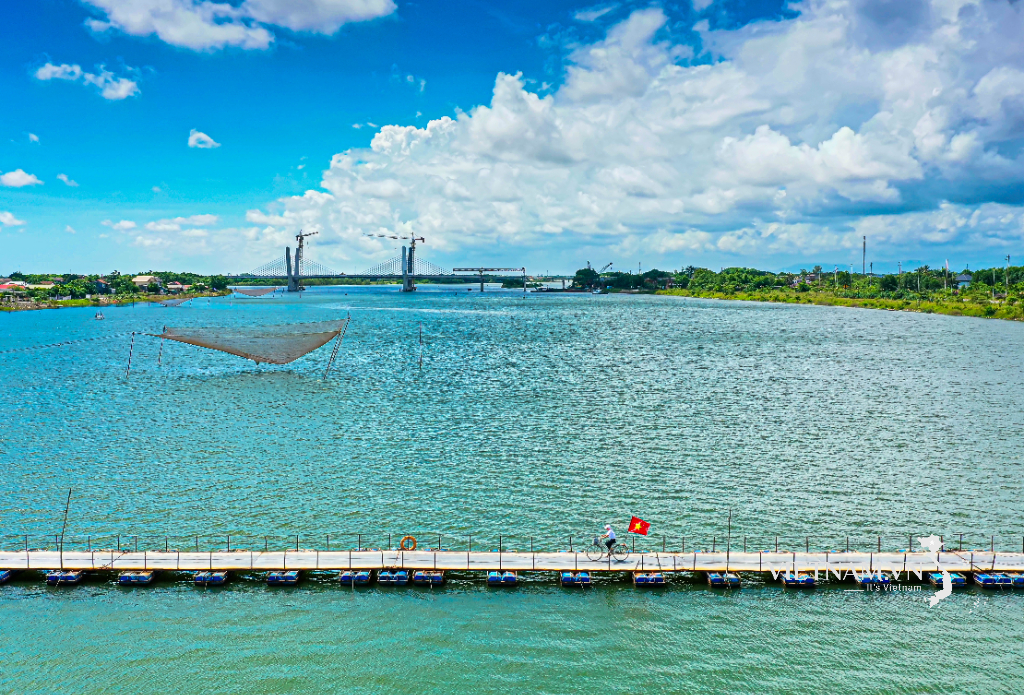

Comment (0)